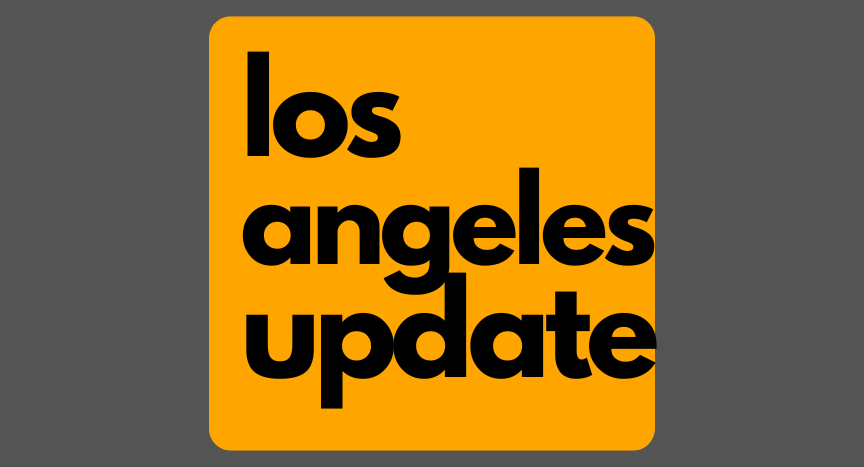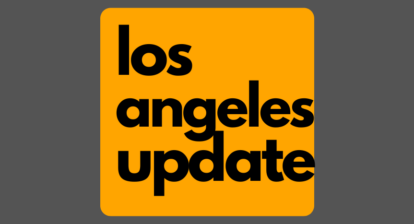Each year, a handful of headlines bring attention to Mental Health Awareness Month. Shortly thereafter, we tend to move on.
However, the reality persists. For those whose lives have been touched by it, the sorrow endures.
As a 26-year-old Black man and project director of a youth-led mental health initiative in Santa Cruz and Monterey counties, I’ve engaged in this work for years. My journey began at 12, the year I lost a sibling to suicide.
At that time, I lacked the vocabulary — only the silence that ensued.
This silence continues to haunt us. In California, young people aged 10 to 24 represent merely 21% of the population but account for 57% of all emergency room visits related to self-harm.
This statistic should give us pause.
For young men in this demographic — particularly Black and brown men — the pressures intensify. We face over-policing and under-protection, are urged to be resilient yet feel unsafe, and are expected to bear pain without the means to express it or without rest.
Frequently, discussions around men’s mental health get co-opted, either to rationalize violence or to negate vulnerability. Algorithms often favor anger. Headlines diminish the complexity of the narrative. Influencers promote a version of masculinity based on dominance rather than clarity.
What is labeled masculinity in America often masks unprocessed grief, styled in a fitted cap.
Through my work with young individuals throughout California, I’ve witnessed the changes that occur when we create genuine space for feelings. I’ve seen boys begin to exhale when they understand that emotions are not weaknesses but rather signals. They’re indicators, a roadmap back to their true selves.
However, healing demands more than trending hashtags. It requires safety, practical tools, and cultural permission to take a pause.
What we need in California is the introduction of emotional literacy in schools, instead of merely trauma responses post-incident. We need culturally relevant healing environments that aren’t mediated by law enforcement. We need prevention initiatives grounded in a sense of belonging, rather than solely on diagnoses. We require a statewide narrative that regards emotional safety as a fundamental component of our infrastructure.
This is fundamentally about design. We don’t need yet another awareness month. We need a future where emotional safety is a right — rather than a privilege. A future where no boy feels the need to conceal his grief because he was never taught how to articulate it.
Men are not broken. We’re simply overdue for a redefined strength.
Ayo Banjo is the founder of Banjo Strategies Consulting Group and serves as project director for The Village Project. This column was written for CalMatters.
Originally Published:


